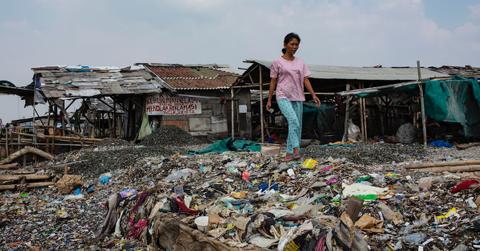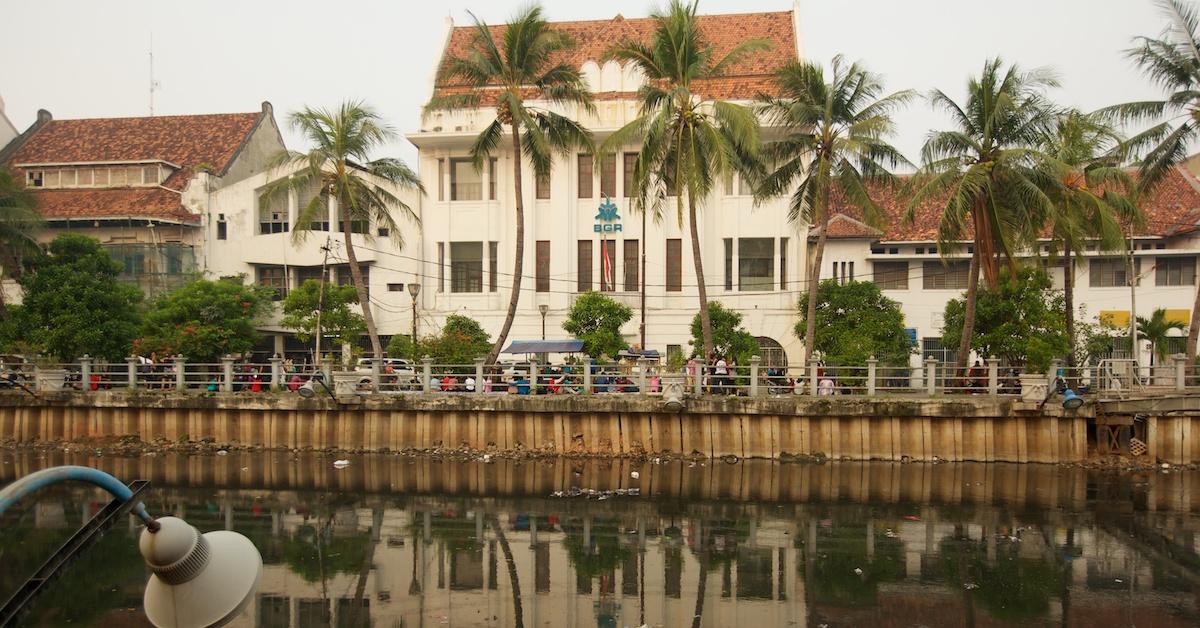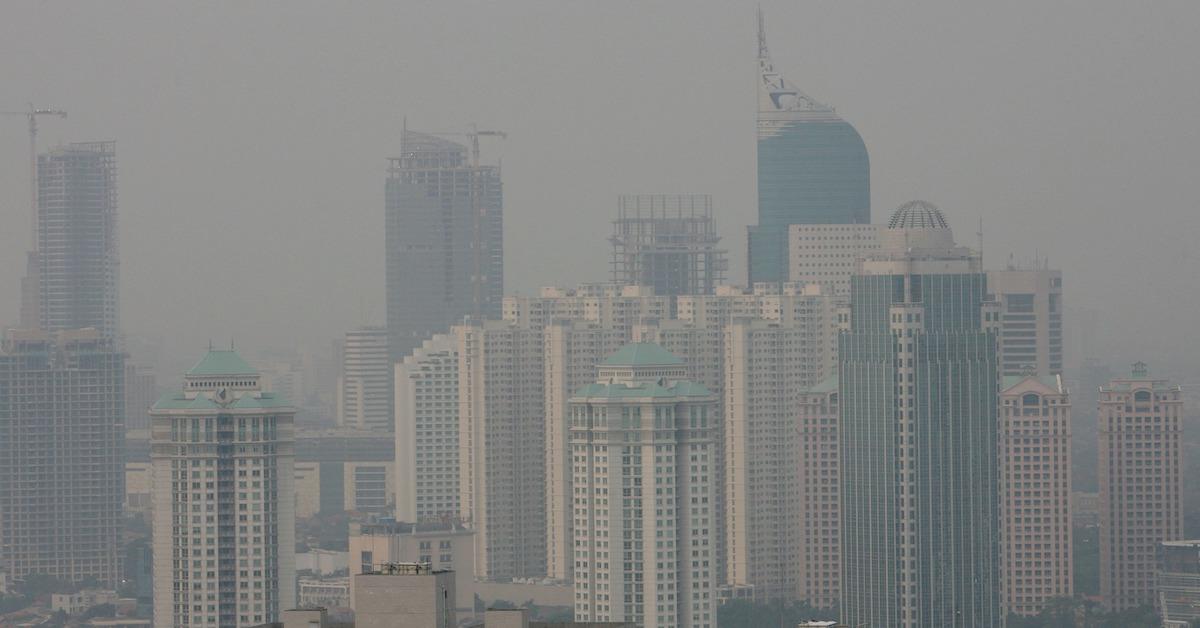Jakarta Is Sinking — So Indonesia Is Moving Its Capital to a Different City
Published Jan. 26 2022, 12:16 p.m. ET

Climate change causes coastal communities — such as Venice, Italy, as well as the Pacific Island Country of Tuvalu — to flood, erode, and eventually sink. This has also been happening with Indonesia's capital city of Jakarta for decades. In fact, the southeast Asian country's capital city is relocating to the other side of the island to an uninhabited part of the jungle for a "fresh start." But moving Indonesia's capital city appears to be a superficial and temporary response to a much larger issue.
“The construction of the new capital city is not merely a physical move of government offices,” Indonesian President Joko Widodo stated before the plan was officially approved, according to Los Angeles Times. “The main goal is to build a smart new city, a new city that is competitive at the global level, to build a new locomotive for the transformation... toward an Indonesia based on innovation and technology based on a green economy.”
Not only is this failing to address the issues caused by climate change, but it could also displace Indigenous people from the new capital city location. Keep reading for more on this drastic move.

Indonesia's capital city is moving, thanks to climate change.
Jakarta became the capital of Indonesia in 1945, but in the last several decades, the city's population has skyrocketed. Because of its dense population, air and water pollution have worsened. And because climate change is causing the ice caps to melt and the sea levels to rise, floods are causing city to effectively sink into the Java Sea, according to AP News. In fact, Jakarta is considered to be the most rapidly sinking cities, with about one-third of it estimated to be under water by 2050.
Streets have become so clogged with debris from the ongoing floods, that it's cost the government about $4.5 billion annually — hence why the country is relocating its capital to the jungle island of Borneo.
Widodo hopes this will reduce congestion, prevent natural disasters, and give Indonesia a "fresh start" in terms of emissions. He's been campaigning to move the capital since 2019 and to call it "Nusantara," which means "archipelago" in Javanese.
This would require 1.5 million workers to relocate and build homes and government buildings. The state will fund about 19 percent of the project, with the remains coming from various government and business entities. With 10 million people in Jakarta, though, it's unclear if most will end up moving to the new capital city.
And while this may temporarily fix the situations at hand, it leaves where the capital city once was sinking and heavily polluted.

Relocating Indonesia's capital city could create a human rights issue.
Unfortunately, moving Indonesia's capital to the island of Borneo could take over land from Indigenous people. According to The Jakarta Post, there are at least 21 tribes, containing about 20,000 people, living in the area. And human rights groups, such as the Indigenous Peoples Alliance of the Archipelago (AMAN), worry the laws allowing the relocation of Jakarta might not protect these people.
"The project will trigger problems such as confiscation of customary lands and criminalization of indigenous people when they try to defend their rights," AMAM's Policy, Law and Human Rights Advocacy Director, Muhammad Arman, stated. "They will also lose their traditional jobs such as farming."
Hopefully the Indonesian government will protect these people from having their land stolen, but it seems like it could seriously put Indigenous lives at risk.